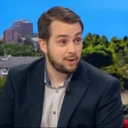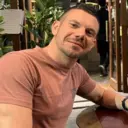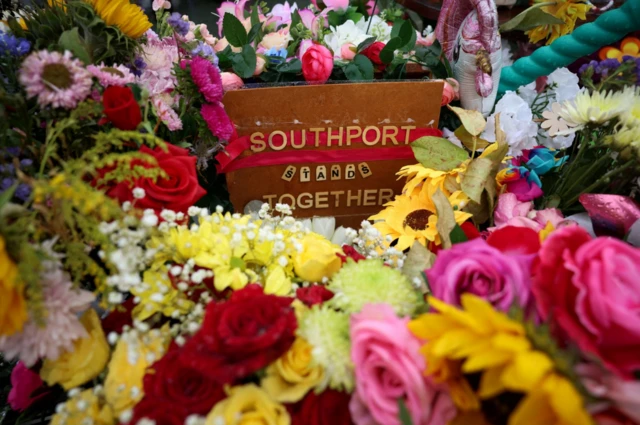I was too accepting of son's school bullying claim, says fatherpublished at 15:12 GMT 5 November
 Jonny Humphries
Jonny Humphries
BBC News
Mr Moss has been asking about Rudakubana's claim that in 2019 he had carried a knife into Range High School because he was being bullied.
Mr Rudakubana said he now believed he had been "too accepting" of his son's bullying claim.
However, he said his son appeared to be scared to go to school, and would constantly ask him to talk to teachers about being bullied.
In May 2019 he said Rudakubana had claimed to have been "thrown" by another boy in school.
Mr Moss said: "You now accept that [your son's] response to the alleged bullying, carrying knives into school, was wholly disproportionate and inappropriate?"
Mr Rudakubana said: "I agree with you."
However, Mr Moss suggested that at the time Mr Rudakubana did not feel his son had overreacted.
The inquiry heard Mr Rudakubana had found out his son had admitted carrying a knife to school when police came to the house in October 2019.
The teenager had said he "intended to use the knife".

